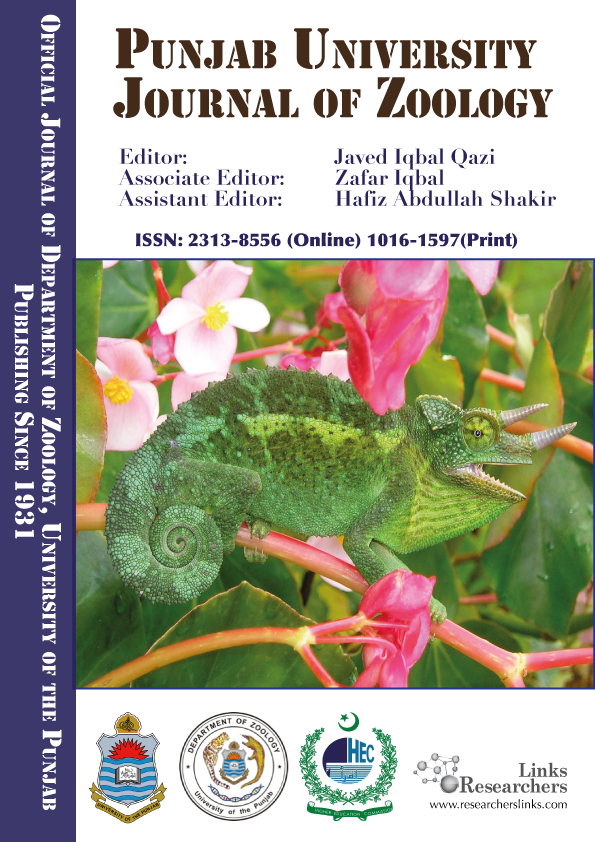Birds from Siberian region migrate to oriental region through different fly-zones in order to shun the perils of extreme cold annually in the winter season. Indus Fly Zone in Pakistan serves as a middle Asian flying route for the migratory birds that is connected to West Asian and East African flying routes. The ecological concerns faced by the migratory birds in Pakistan have been reviewed extensively. The disappearing trends of migratory birds are recorded from fresh water reservoirs of Pakistan and are mainly attributed to continued loss of wintering habitat, habitat modification, fragmentation, eutrophication, anthropogenic activities and illegal hunting. The adverse effects of habitat loss (Band tailed fish eagle, Black Stork and Water Pipit), pesticides (Gulls, Eagles, Terns, Ducks and Cormorants), eutrophication (Painted stork and Dalmatian pelican), Agrochemical Contamination (Black-tailed godwit and Fish bird) Heavy Metal Pollution Contamination (Cattle egrets), Unsustainable Fisheries Practices (Ducks), invasive species (Little egret and Night herone) and illegal hunting (Geese, Ducks, Siberian cranes and Bustards) have resulted in the decline of species abundance.. Regular conduct of surveys for important migratory birds to assess the population trend, abundance and patterns of their migration is another important step towards conservation of birds. To make an effective conservation of migratory birds, integration of different approaches for the protection of their habitats, and to prevent the illegal hunting and poaching, mitigating agricultural and industrial pollution, preventing water reservoirs from heavy metal poisoning are important considerations. Ceasing anthropogenic activities along with the mass awareness programs on electronic and print media could be effective conservation strategies during the period of their stay in Pakistan.







